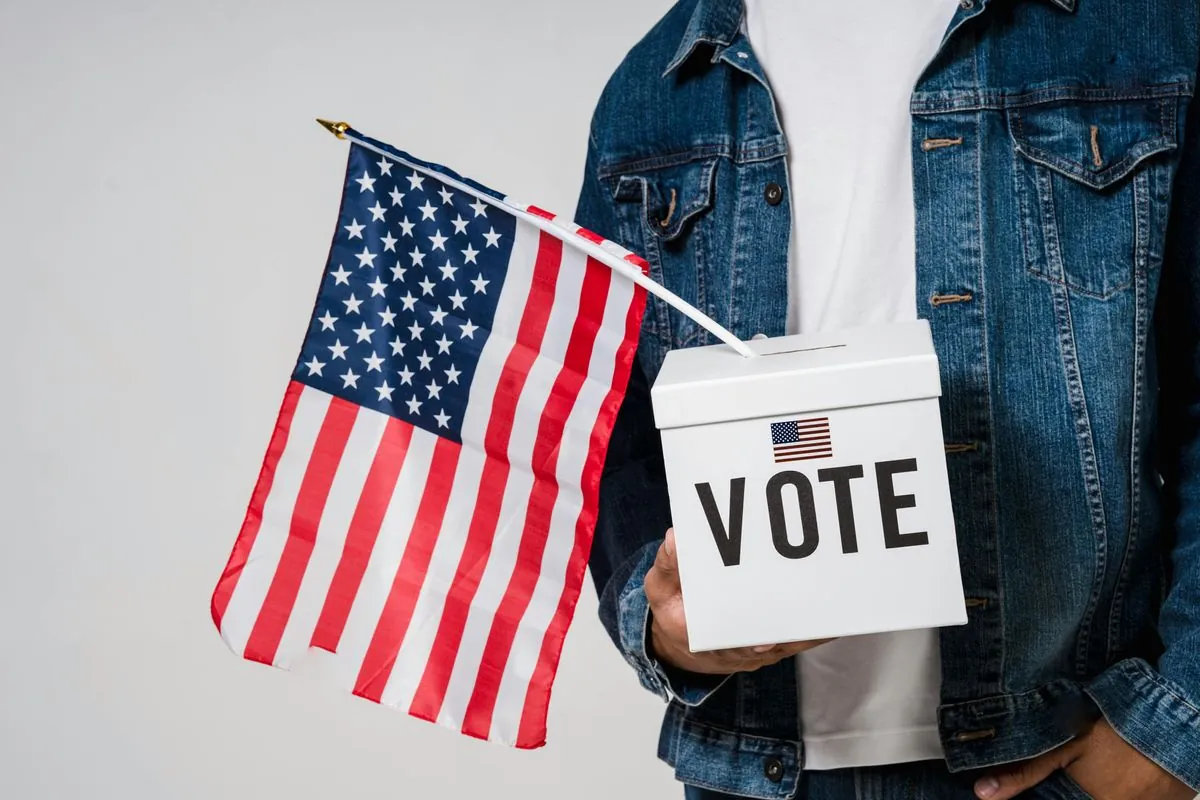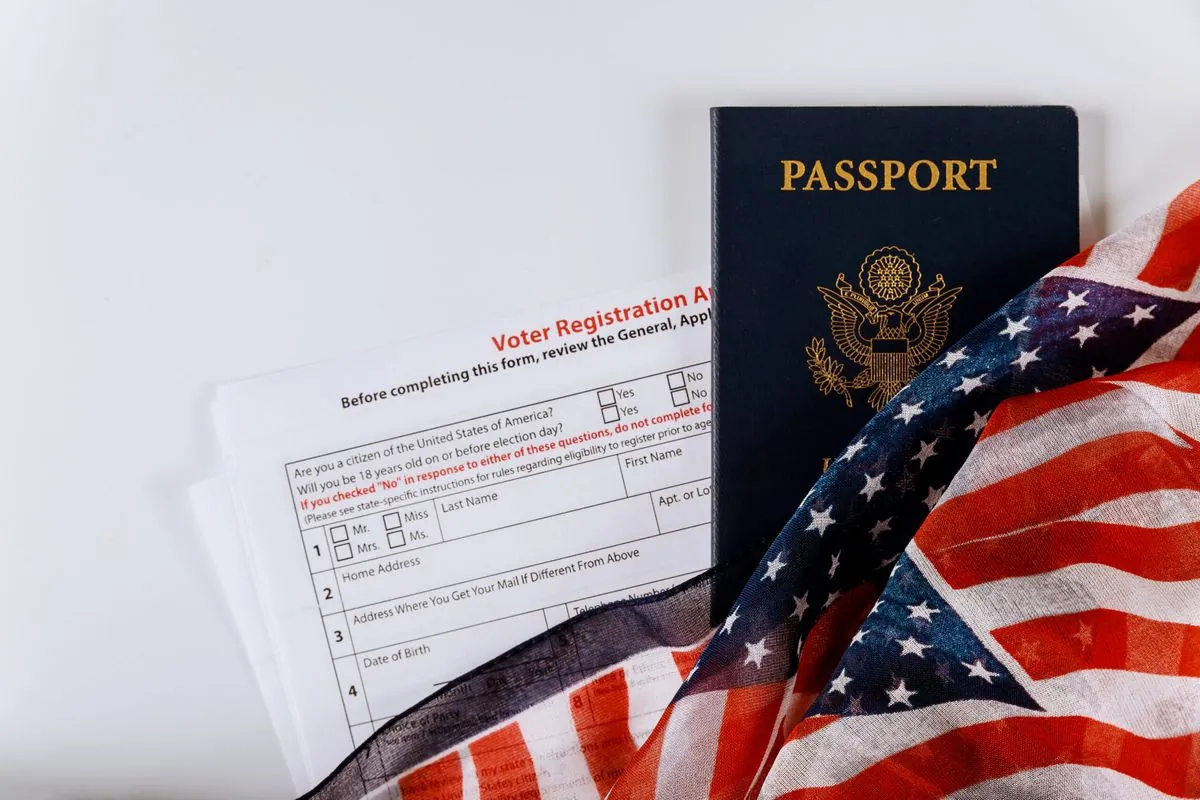Eight U.S. States Propose Bans on Noncitizen Voting Amid Election Integrity Debate
Eight U.S. states are considering constitutional amendments to ban noncitizen voting, despite existing laws. Critics view the move as part of a broader strategy to challenge potential election results, raising concerns about voter confidence.

In a move that has sparked debate about election integrity and voter rights, eight U.S. states are proposing constitutional amendments to explicitly prohibit noncitizen voting. This initiative comes despite the fact that such voting is already illegal under federal law.
The proposed amendments are set to appear on ballots in North Carolina, Wisconsin, Idaho, Iowa, Kentucky, Missouri, Oklahoma, and South Carolina during the upcoming presidential election on November 5, 2024. North Carolina and Wisconsin, both considered battleground states, are among those seeking to modify their state constitutions.
Supporters of these measures argue that they address concerns stemming from increased illegal border crossings and isolated instances of potential noncitizens on voter rolls. However, critics contend that these proposals are unnecessary and politically motivated.
The debate surrounding noncitizen voting is not new in the United States. The Illegal Immigration Reform and Immigrant Responsibility Act of 1996 criminalized noncitizen voting in federal elections. Despite this, the U.S. Constitution does not explicitly prohibit noncitizens from voting, leaving room for interpretation and debate.

It's important to note that while federal law prohibits noncitizen voting in national elections, some U.S. localities have allowed legal noncitizens to participate in local elections. Currently, 17 localities, including San Francisco and Washington, D.C., permit this practice for municipal matters.
Independent studies and state reviews have consistently shown that illegal noncitizen voting is extremely rare. This finding has been echoed by election officials across party lines, including Republicans in Ohio, Pennsylvania, and Georgia.
Donald Trump, the Republican Party candidate, has been a vocal proponent of these measures, claiming that noncitizen votes could potentially skew election outcomes. This stance is consistent with his past allegations of voter fraud, dating back to the 2016 presidential election.
"A lot of these illegal immigrants coming in, they're trying to get them to vote. And that's why they're allowing them to come into our country."
However, these claims have been widely debunked by election experts and officials. The persistence of such allegations has raised concerns about their impact on voter confidence and the potential for future election challenges.
The proposed amendments reflect a broader debate about election security and voter access in the United States. While some view them as necessary safeguards, others see them as part of a strategy to undermine faith in the electoral process.
As the 2024 presidential election approaches, these ballot measures highlight the ongoing tension between efforts to ensure election integrity and concerns about voter suppression. The outcome of these proposals could have significant implications for future elections and the broader discourse on voting rights in America.
It's worth noting that the U.S. election system is complex, with various laws and practices varying by state. The National Voter Registration Act of 1993, for instance, requires states to allow individuals to register to vote when applying for or renewing driver's licenses, while the Help America Vote Act of 2002 established minimum standards for election administration.
As debates continue, it's crucial for voters to stay informed about their rights and the laws governing elections in their respective states. The National Conference of State Legislatures serves as a valuable resource, tracking and reporting on election laws and proposals across all 50 states.
Ultimately, the proposed constitutional amendments in these eight states represent just one facet of the ongoing national conversation about election integrity, voter rights, and the future of American democracy.


































